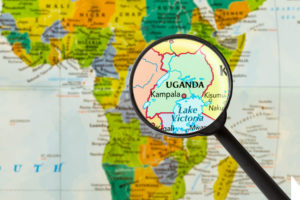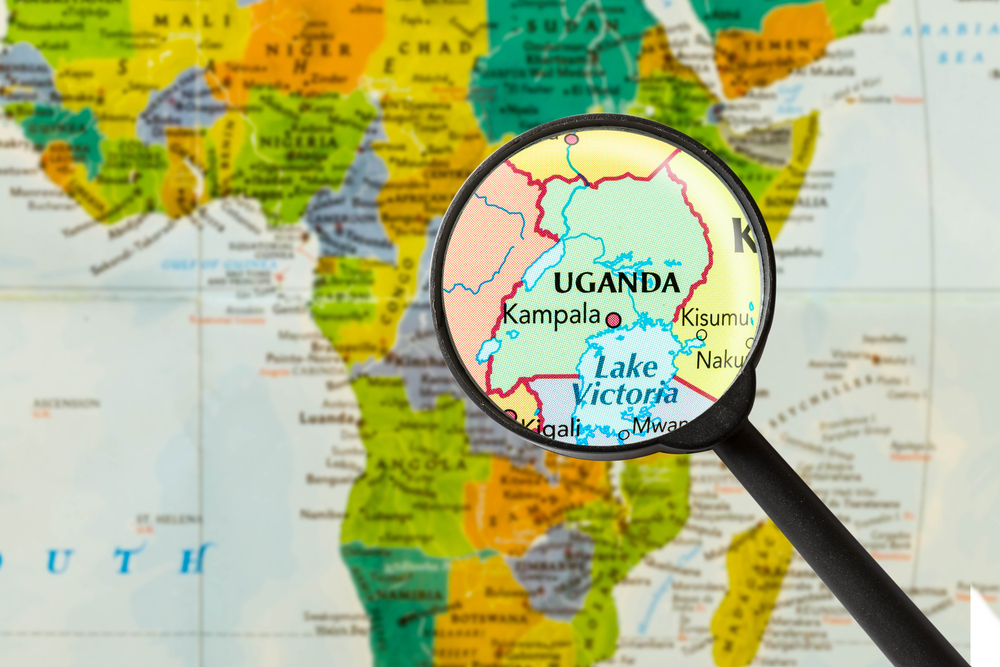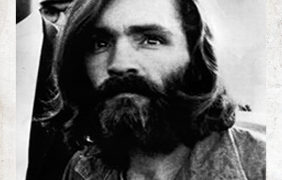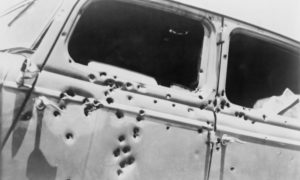 The human race is known for the anger and violence that each individual is capable of releasing. A primal and sometimes carnal instinct embedded deep in almost everyone. But through the centuries, there have been certain people who have taken their violent urges and released them on a grander scale scarily imaginable. One such individual came to be known as the butcher of Uganda, Idi Amin.
The human race is known for the anger and violence that each individual is capable of releasing. A primal and sometimes carnal instinct embedded deep in almost everyone. But through the centuries, there have been certain people who have taken their violent urges and released them on a grander scale scarily imaginable. One such individual came to be known as the butcher of Uganda, Idi Amin.
Raised in the Muslim faith and hailing from the northwestern areas of Uganda known as Koboko, from a small ethnic tribe known as the Kakwa. The future dictator’s exact date of birth is unknown, but it is estimated that Idi Amin was born around the year 1925. His father, a member of the Kakwa Tribe, is said to have abandoned their family leaving Amin being raised by his mother, originally a member of the Lugbara tribe, who worked as a diviner and herbalist for their tribe. The young boy had little to no formal education for most of his early life, up until he joined the British colonial army’s local regiment known as the King’s African Rifles (KAR).
Known as a rather charismatic and skilled soldier, Idi Amin was like a fish in the water and started off as a cook for the K.A.R before he steadily began to rise among the ranks of the military. With a rather imposing build of 6’4” and known as a boxing champion as well as a swimmer, Amin began to make waves among his fellow soldiers and superiors for his military interrogations which were said to be both overzealous and extremely cruel. These early instances of violence would be the precursor of the most violent genocide that the country of Uganda would face in its history.
Despite his harsh actions during interrogations, which caused his British superiors to frown, Amin was still steadily promoted for his contributions to the army. In time, through his military exploits in various British led wars and skirmishes in the African continent, Amin was able to rise to the highest position available for a black African serving in the British military.
His exploits in the British military spanned between 1946 until 1962, fighting in Somalia, Burma, Kenya and Uganda. Towards the independence of Uganda from British rule, Amin built a close connection with Milton Obote, who would become Uganda’s first Prime Minister. Under the government of Obote, Idi Amin was a willing soldier for the government and proceeded to do and accomplish by any means necessary whatever task was put upon him. With the steady promotions through the succeeding years, Amin was soon given the highest military position in the Ugandan army which was General of the Armed forces.
Working closely together, Obote and Amin soon bolstered the strength of the Ugandan army. But when accusations of gold and ivory smuggling by the two were hurled at Obote in 1966, he suspended the constitution and proclaimed himself executive president. Obote then sent Amin to conquer King Mutesa II, a powerful ruler of the kingdom of Buganda which was located in the central-south area of Uganda. But two years later, he began to question Amin’s loyalty and ordered for his capture. In 1971, while Obote was attending a conference in Singapore, Amin led a relatively bloodless coup against the Obote government which forced Obote into exile.
After his successful coup, Idi Amin was actually welcomed by the international community due to his seemingly initial positive actions such as setting free all political prisoners of the previous government and disbanding the government’s secret police. But only a year into his residency, Amin sent “killer squads” which began to systematically hunt down and eliminate Obote’s supporters which were primarily part of the predominantly Christian, Lango and Acholi tribes of Uganda. It started off with the murder of primarily military and government personnel from the previous government, but soon, it spiraled out to include civilians such as homosexuals, students, journalists, lawyers or anyone who posed a threat to his regime.
The systematic elimination of possible threats to his power reached record numbers of more than 300,000 individuals which caused him to earn the nickname “The Butcher of Uganda”. These numbers were not only attributed during his reign as dictator of Uganda, but also took into account all the other deaths he had a direct hand in while still climbing the ranks of both the British and Ugandan military. It is very easy to see that the Butcher of Uganda truly fits his moniker.
In 1972, due to the power they held in the manufacturing and trade sectors, the Asian population of Uganda came under the cross hairs of Amin when he declared an “economic war” against them. With the advent of the so-called “economic war”, Amin began to systematically drive out approximately 50,000 to 70,000 Asians out of Uganda and took control of dozens of businesses which were distributed among his supporters and the government. This was the first step in the spiraling fall of the country’s economy, which would reach inflation rates of as high as 1000%. Amin also decided to sever ties with Britain and chose to seek support from Libya and the Soviet Union.
Another act of brutality from Amin was in 1976, when he welcomed the hijackers of a French commercial plane. The hostages were ultimately rescued by Israeli agents and fled via Kenya. Upon learning this, Amin had the airport employees killed and also had hundreds of Kenyans who were staying in Uganda murdered. With the economy collapsing and many of his previous supporters dwindling, Idi Amin is said to have turned increasingly paranoid.
By 1978, Idi Amin set his eyes on a neighboring province of Tanzania known as Kagera and with the aid of Libyan troops he began to wage a war of annexation against the Tanzanian government. But then Tanzanian president Julius Nyerere fought back with the support of Rebel Ugandan fighters and the Ugandan capital fell soon after. Faced with defeat, Idi Amin the Butcher of Uganda escaped to Libya, where he spent a decade in exile before ultimately seeking asylum in Saudi Arabia where he died of multiple organ failure in 2003. He was never brought to court for the crimes against humanity that he perpetrated.





















